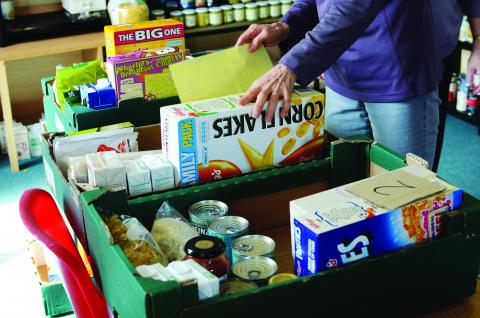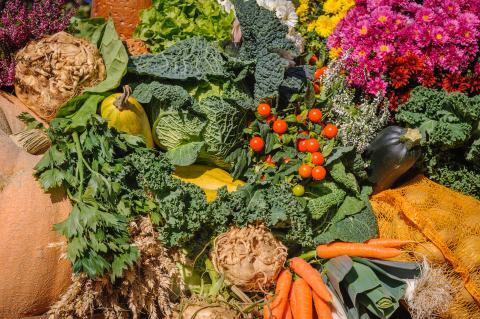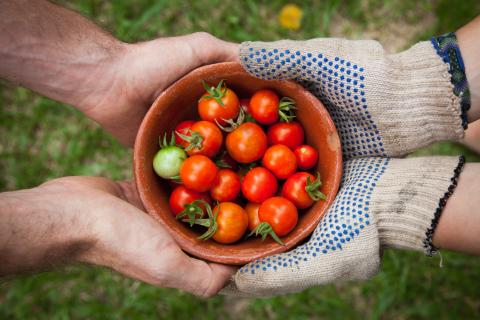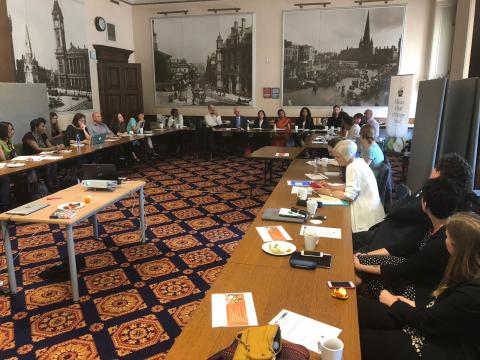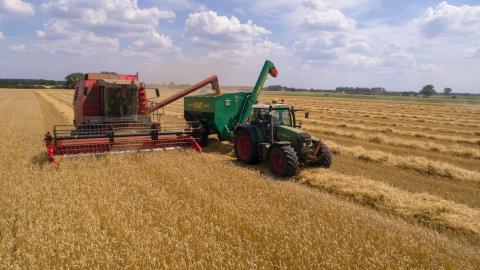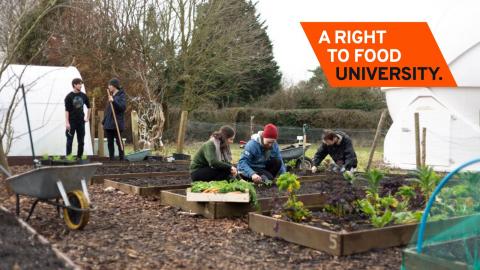Influencing Food Policy
International, national and local policy change.

About this Pillar
Why we want this
Major transformations to the food system are needed to ensure we have a just and sustainable food system that can deliver healthy diets for all – both globally and here in the UK.
Bold and ambitious policy thinking at international, national and local levels will be essential.
Nourishing the Nation: A shared vision of a brighter future
Though we can all individually make small changes to what we eat to improve our health and the health of the planet, only Governments and powerful international policy-making organisations have the potential to drive the structural changes that are so urgently required.
What we are asking
At a national level we want to see policy changes that support a shift towards healthy, sustainable diets that are affordable and accessible for all. This includes policy for better children’s food, increased fruit and veg consumption, improved food business transparency, healthy and sustainable food environments, and reduced food insecurity and dietary inequalities.
Our international work involves city authorities, young people and the private sector. We are working with them because we want to generate effective multi-stakeholder collaborations; more youth, business and local governments implementing projects and policies on food systems transformation within their own communities; and more food system actors making public commitments and calling on policy makers to help fix our global food system.

How we are helping
We support policy-making by generating robust data and evidence, communicating this effectively to policy makers, and convening impacted stakeholders to explore practical policy solutions. We advocate for change by building effective relationships with decision makers, and by mobilising the public, civil society coalitions, the media, respected public figures and parliamentarians. We hold policy makers to account by transparently reporting on policy progress. And we engage with citizens, young people, cities and businesses, equipping them with knowledge, tools and a platform to share their stories and have their voices heard.

Research & Evidence
We conduct research to demonstrate the scale of the problems facing the food system, track progress and help policy makers make evidence-based decisions.
National Initiatives
Our national-level projects seek to positively influence food policy in the UK.


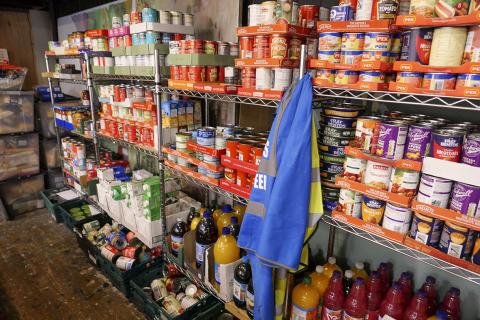
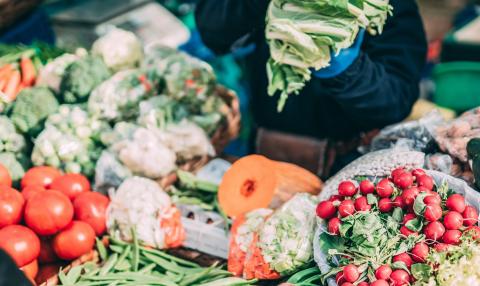



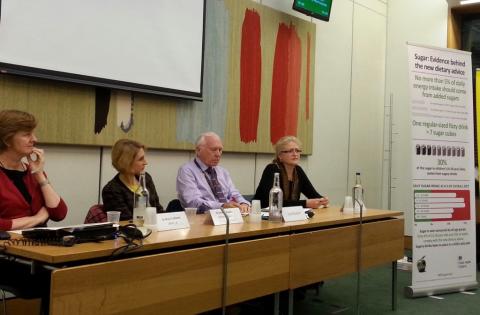
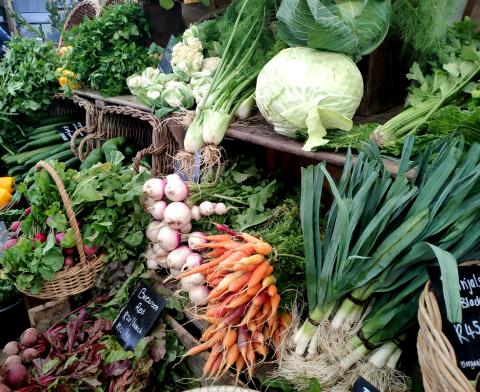
International Initiatives
Our international workstreams mobilise young people, cities and businesses to influence policy change at a global level.
Local Initiatives
We work on projects at a local level within the UK to support effective, local policy-making on food.
Latest content





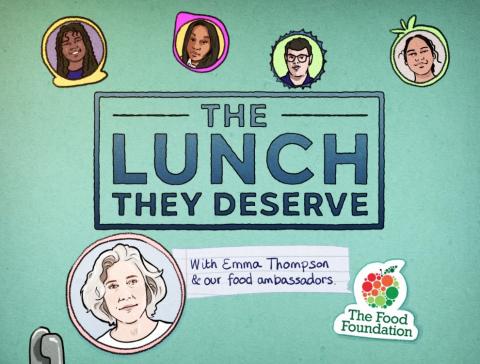



Explore the Key Pillars of our work
Our mission is changing food policy and business practice to ensure everyone, across our nations, can afford and access a healthy diet.

Improving children’s diets
Too many children live in households experiencing food poverty in the UK. These families often rely on a cheap, poor-quality food which means that child hunger and obesity often coexist. We work to ensure all children can access a healthy diet.

Increasing uptake of plant-rich diets
Shifting diets to be more plant-rich would bring an array of health, environmental and economic benefits to the UK. We work collaboratively with businesses, policymakers, academia, civil society and citizens to make healthy and sustainable plant-rich diets more readily available, affordable and appealing.

Influencing food policy
To address the health and climate crises, policy needs to support major dietary shifts – 30% more fruit and vegetables, 50% more fibre, 25% less HFSS food and 30% less meat by 2032. We support leaders to transform food systems.
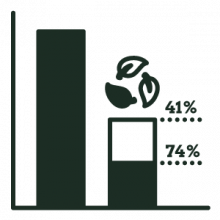
Inspiring change in food businesses and investment
5 out of 11 supermarkets now have targets for healthier food sales. 2 have targets for fruit or vegetable sales and 2 report on sales of animal vs plant proteins. We help make the food industry more transparent so that investors and policy makers can spot the leaders and the laggards.

